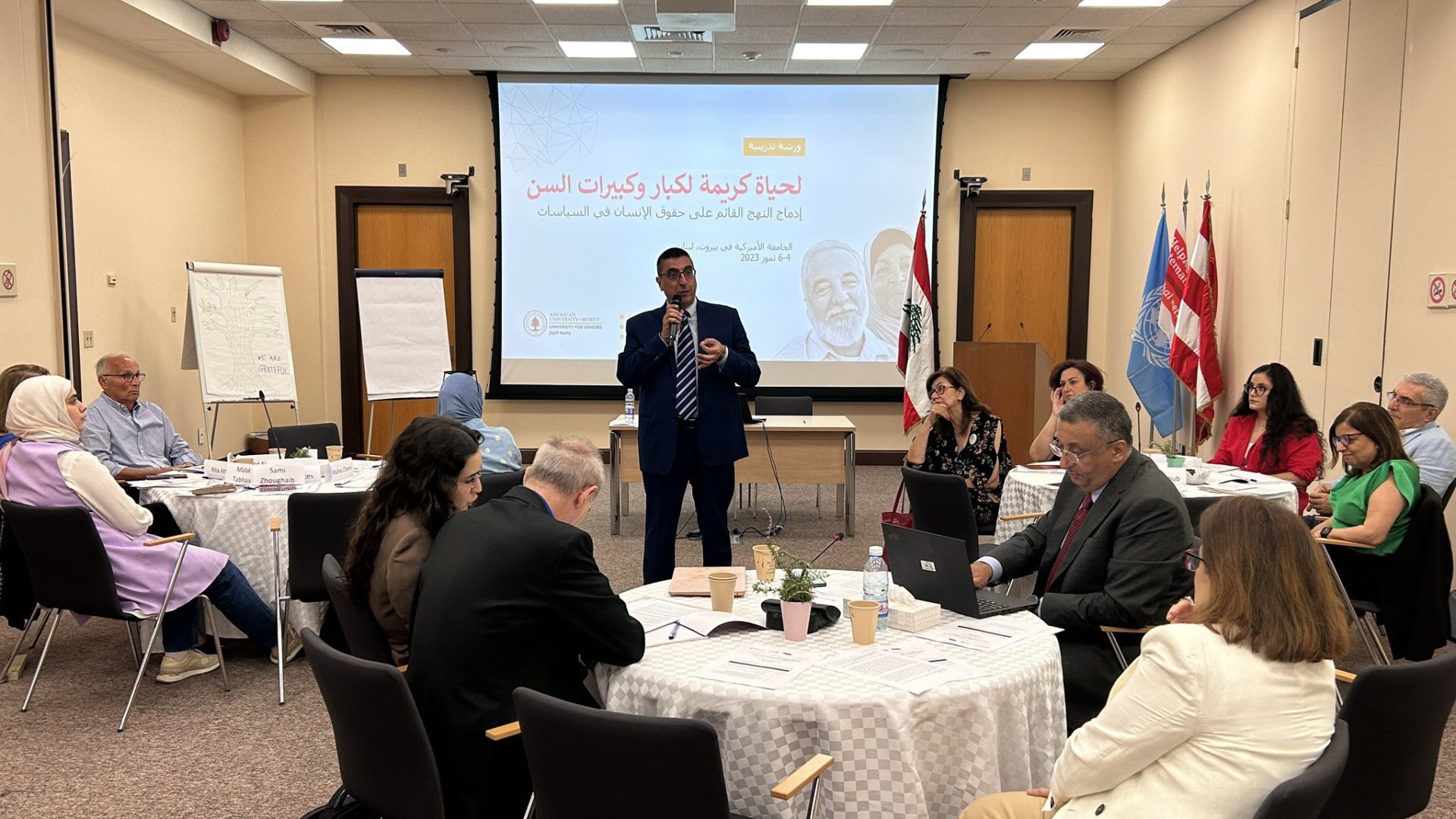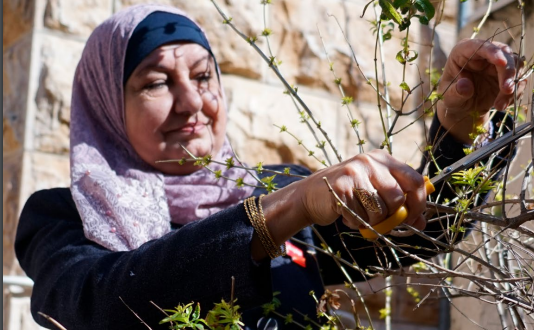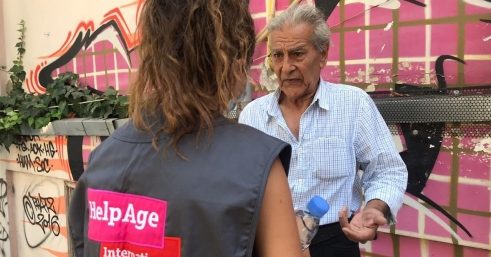Over the last few years HelpAge and the United Nations Population Fund Arab States Regional Office (UNFPA ASRO) have published a range of materials to advance the rights of older people. Yet we have an unfulfilled ambition of seeing this work translated into practice and providing concrete, tangible benefits to the people these documents are meant to serve.
So, it has been with great excitement and enthusiasm that I have travelled to Lebanon last week to attend a meeting on putting into practice a Guide we have produced on involving older people in the process of policy formulation and review. The workshop has been a joint endeavour of University of Seniors, UNFPA and HelpAge regional office.
The reason we have chosen Lebanon is to do with both needs and opportunity.
- It has the fastest growing ageing population in the region with an expectation that by 2040 it will have more older people than children.
- Economic collapse has increased the vulnerability of people over the age of 65 with the pension system all but collapsed, social safety nets inadequate, and heightened levels of destitution and poverty registered in this section of the population.
- Lebanon has recently developed a national ageing strategy. As it works out an action plan to translate its provisions into practice, it was felt timely to insert into these national deliberations a commitment to include the voices, views and recommendations of marginalised older people. The purpose of the workshop was to identify how this might best be done.



